Home / world / Zimbabwe Abolishes Death Penalty: A Landmark Decision Ending Two Decades of Stagnation
Zimbabwe Abolishes Death Penalty: A Landmark Decision Ending Two Decades of Stagnation
By: My India Times
5 minutes read 113Updated At: 2025-01-01

In a groundbreaking move that signifies Zimbabwe’s progressive evolution in justice and human rights, the country has officially abolished the death penalty. This monumental step, approved by President Emmerson Mnangagwa earlier this week, has put an end to a two-decade-long hiatus on executions, marking a significant shift in Zimbabwe’s judicial history. The decision is being hailed as a victory for human rights advocates and sets a compelling precedent for other nations, particularly in Africa, to reconsider their stance on capital punishment.
The Death Penalty: A Relic of the Past
Zimbabwe’s association with the death penalty has been fraught with complexity. While death sentences have been pronounced in recent years, the country hasn’t carried out an execution since 2005. A major factor behind this moratorium was the absence of state-appointed executioners willing to perform the task. The lack of executioners effectively stalled the enforcement of capital punishment, demonstrating the nation’s gradual departure from its earlier practices.At present, about 60 prisoners on death row in Zimbabwe will have their sentences commuted under the new law. This provides a fresh lease on life for individuals who had been awaiting execution, further underscoring the country’s shift toward a justice system that prioritizes rehabilitation over retribution.
President Mnangagwa’s Personal Journey
President Mnangagwa’s opposition to the death penalty is grounded in his personal history. In the 1960s, during Zimbabwe’s quest for independence, he received a death sentence for his involvement in a train bombing. However, because of his youth, this sentence was reduced to a 10-year incarceration. This profound experience significantly shaped his views on capital punishment, leading him to consider it an antiquated and inhumane practice.Since taking office in 2017, Mnangagwa has emerged as a powerful advocate against the death penalty. His leadership has been pivotal in Zimbabwe’s efforts to abolish capital punishment, a decision that has received widespread acclaim from global human rights organizations.
Global Trends: The Decline of Capital Punishment
Zimbabwe’s initiative to abolish the death penalty aligns with a broader global trend. According to Amnesty International, 113 countries have eliminated capital punishment either legally or in practice. Among these, 24 are located in Africa, indicating a significant transformation in the continent’s approach to justice and human rights.Among these, 24 are African nations, signaling a significant shift in the continent’s approach to justice and human rights.
Africa’s Progress
Zimbabwe joins countries like Kenya, Liberia, and Ghana, which have recently taken steps to phase out the death penalty. Although these nations have not yet formalized the abolition through legislation, their actions represent a growing consensus against capital punishment in Africa.
Global Disparities
While the abolition of the death penalty gains momentum globally, certain regions continue to enforce it rigorously. Amnesty International reported a sharp increase in executions in 2023, with the number rising from 883 in 2022 to 1,153 in 2023. Most of these executions occurred in countries like Iran, Saudi Arabia, and Somalia. China remains the world’s largest executor, but due to state secrecy, the exact figures remain unknown.
Zimbabwe’s Move: A Ray of Hope
Amnesty International has described Zimbabwe’s decision as a “ray of hope” for human rights. The abolition not only reflects Zimbabwe’s commitment to aligning with international human rights standards but also serves as an inspiration for other nations grappling with the morality and utility of the death penalty.
The Debate Around Capital Punishment
The death penalty has long been a divisive issue globally. Proponents argue that it serves as a deterrent to heinous crimes and provides justice to victims and their families. Opponents, however, highlight its irreversible nature, the risk of judicial errors, and its disproportionate impact on marginalized communities.
Challenges in Implementation
Zimbabwe’s experience underscores the logistical and ethical challenges associated with capital punishment. The reluctance of executioners to perform their duties effectively halted executions, raising questions about the morality of expecting individuals to carry out such a grim task.
The Moral Argument
The abolition of the death penalty in Zimbabwe signifies a moral evolution. It reflects a justice system shifting from retribution to rehabilitation, emphasizing the potential for change and redemption in every individual.
A Regional and Global Perspective
Zimbabwe’s decision is part of a larger global conversation on justice and human rights. While many nations are moving away from the death penalty, others continue to uphold it, often in defiance of international criticism.
The Middle East and Asia
Countries like Iran and Saudi Arabia remain steadfast in their use of the death penalty, often for non-violent offenses. According to Amnesty International, these nations accounted for nearly 90% of the executions recorded in 2023, raising significant concerns about human rights violations.
The United States
Even in the United States, a country known for championing human rights, the death penalty remains a contentious issue. While several states have abolished or placed moratoriums on executions, others continue to enforce it, highlighting the fragmented nature of the justice system.
The Road Ahead
Zimbabwe’s abolition of the death penalty is a significant milestone, but the journey toward a more humane justice system is far from complete. For the abolition to have a meaningful impact, Zimbabwe must focus on enhancing rehabilitation and reintegration programs, addressing the root causes of crime, and fostering a justice system that prioritizes fairness and equity.International organizations and human rights advocates must support nations like Zimbabwe in their reform efforts. By promoting education, advocacy, and collaboration, the dream of a world free from the death penalty can become a reality.
....
In a groundbreaking move that signifies Zimbabwe’s progressive evolution in justice and human rights, the country has officially abolished the death penalty. This monumental step, approved by President Emmerson Mnangagwa earlier this week, has put an end to a two-decade-long hiatus on executions, marking a significant shift in Zimbabwe’s judicial history. The decision is being hailed as a victory for human rights advocates and sets a compelling precedent for other nations, particularly in Africa, to reconsider their stance on capital punishment.
The Death Penalty: A Relic of the Past
Zimbabwe’s association with the death penalty has been fraught with complexity. While death sentences have been pronounced in recent years, the country hasn’t carried out an execution since 2005. A major factor behind this moratorium was the absence of state-appointed executioners willing to perform the task. The lack of executioners effectively stalled the enforcement of capital punishment, demonstrating the nation’s gradual departure from its earlier practices.At present, about 60 prisoners on death row in Zimbabwe will have their sentences commuted under the new law. This provides a fresh lease on life for individuals who had been awaiting execution, further underscoring the country’s shift toward a justice system that prioritizes rehabilitation over retribution.
President Mnangagwa’s Personal Journey
President Mnangagwa’s opposition to the death penalty is grounded in his personal history. In the 1960s, during Zimbabwe’s quest for independence, he received a death sentence for his involvement in a train bombing. However, because of his youth, this sentence was reduced to a 10-year incarceration. This profound experience significantly shaped his views on capital punishment, leading him to consider it an antiquated and inhumane practice.Since taking office in 2017, Mnangagwa has emerged as a powerful advocate against the death penalty. His leadership has been pivotal in Zimbabwe’s efforts to abolish capital punishment, a decision that has received widespread acclaim from global human rights organizations.
Global Trends: The Decline of Capital Punishment
Zimbabwe’s initiative to abolish the death penalty aligns with a broader global trend. According to Amnesty International, 113 countries have eliminated capital punishment either legally or in practice. Among these, 24 are located in Africa, indicating a significant transformation in the continent’s approach to justice and human rights.Among these, 24 are African nations, signaling a significant shift in the continent’s approach to justice and human rights.
Africa’s Progress
Zimbabwe joins countries like Kenya, Liberia, and Ghana, which have recently taken steps to phase out the death penalty. Although these nations have not yet formalized the abolition through legislation, their actions represent a growing consensus against capital punishment in Africa.
Global Disparities
While the abolition of the death penalty gains momentum globally, certain regions continue to enforce it rigorously. Amnesty International reported a sharp increase in executions in 2023, with the number rising from 883 in 2022 to 1,153 in 2023. Most of these executions occurred in countries like Iran, Saudi Arabia, and Somalia. China remains the world’s largest executor, but due to state secrecy, the exact figures remain unknown.
Zimbabwe’s Move: A Ray of Hope
Amnesty International has described Zimbabwe’s decision as a “ray of hope” for human rights. The abolition not only reflects Zimbabwe’s commitment to aligning with international human rights standards but also serves as an inspiration for other nations grappling with the morality and utility of the death penalty.
The Debate Around Capital Punishment
The death penalty has long been a divisive issue globally. Proponents argue that it serves as a deterrent to heinous crimes and provides justice to victims and their families. Opponents, however, highlight its irreversible nature, the risk of judicial errors, and its disproportionate impact on marginalized communities.
Challenges in Implementation
Zimbabwe’s experience underscores the logistical and ethical challenges associated with capital punishment. The reluctance of executioners to perform their duties effectively halted executions, raising questions about the morality of expecting individuals to carry out such a grim task.
The Moral Argument
The abolition of the death penalty in Zimbabwe signifies a moral evolution. It reflects a justice system shifting from retribution to rehabilitation, emphasizing the potential for change and redemption in every individual.
A Regional and Global Perspective
Zimbabwe’s decision is part of a larger global conversation on justice and human rights. While many nations are moving away from the death penalty, others continue to uphold it, often in defiance of international criticism.
The Middle East and Asia
Countries like Iran and Saudi Arabia remain steadfast in their use of the death penalty, often for non-violent offenses. According to Amnesty International, these nations accounted for nearly 90% of the executions recorded in 2023, raising significant concerns about human rights violations.
The United States
Even in the United States, a country known for championing human rights, the death penalty remains a contentious issue. While several states have abolished or placed moratoriums on executions, others continue to enforce it, highlighting the fragmented nature of the justice system.
The Road Ahead
Zimbabwe’s abolition of the death penalty is a significant milestone, but the journey toward a more humane justice system is far from complete. For the abolition to have a meaningful impact, Zimbabwe must focus on enhancing rehabilitation and reintegration programs, addressing the root causes of crime, and fostering a justice system that prioritizes fairness and equity.International organizations and human rights advocates must support nations like Zimbabwe in their reform efforts. By promoting education, advocacy, and collaboration, the dream of a world free from the death penalty can become a reality.
By: My India Times
Updated At: 2025-01-01
Tags: world News | My India Times News | Trending News | Travel News
Join our WhatsApp Channel










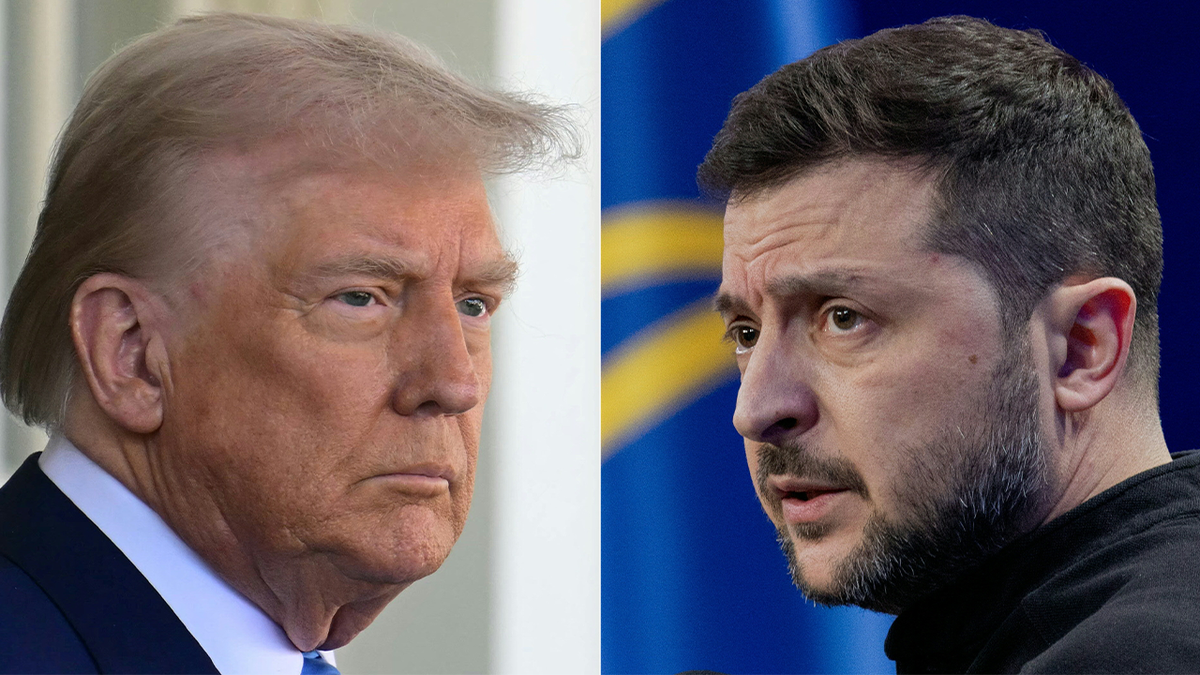



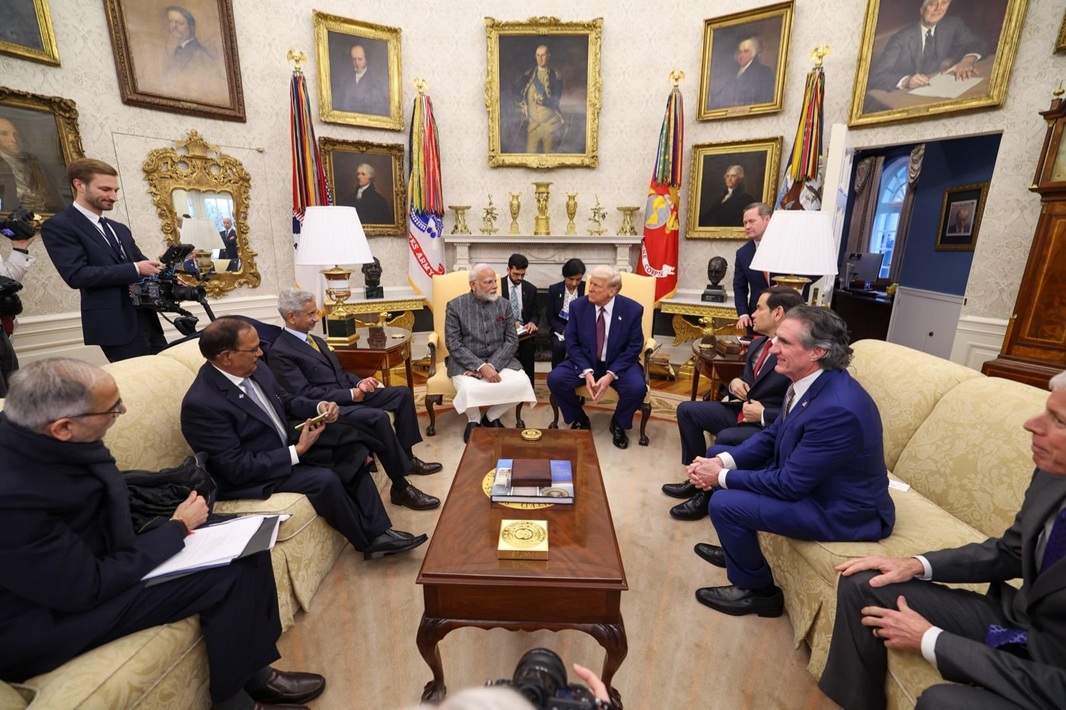




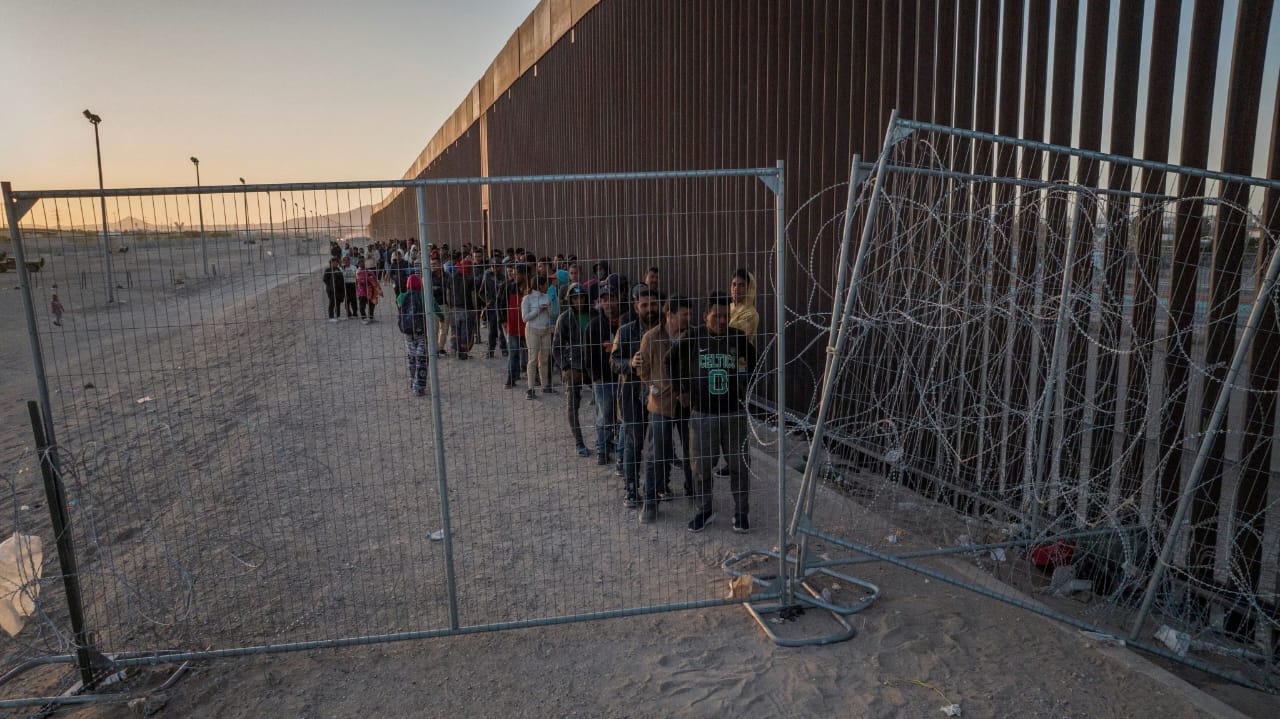

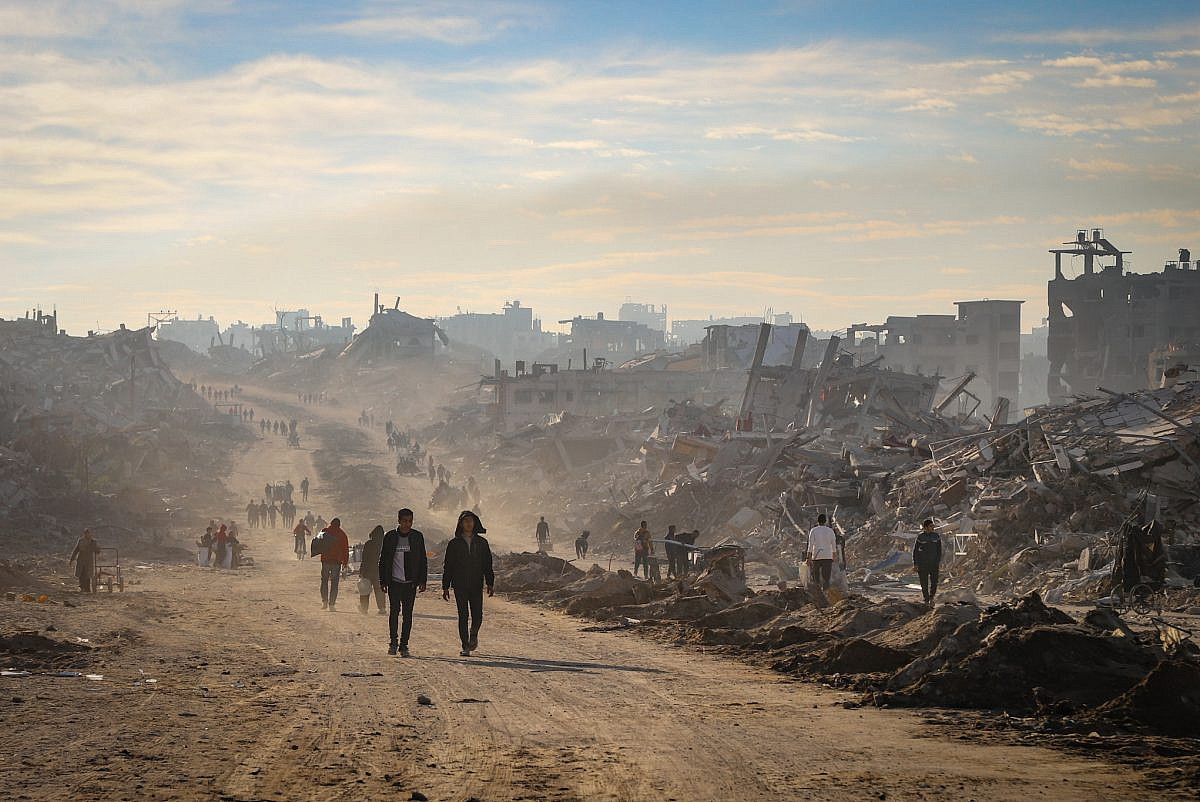
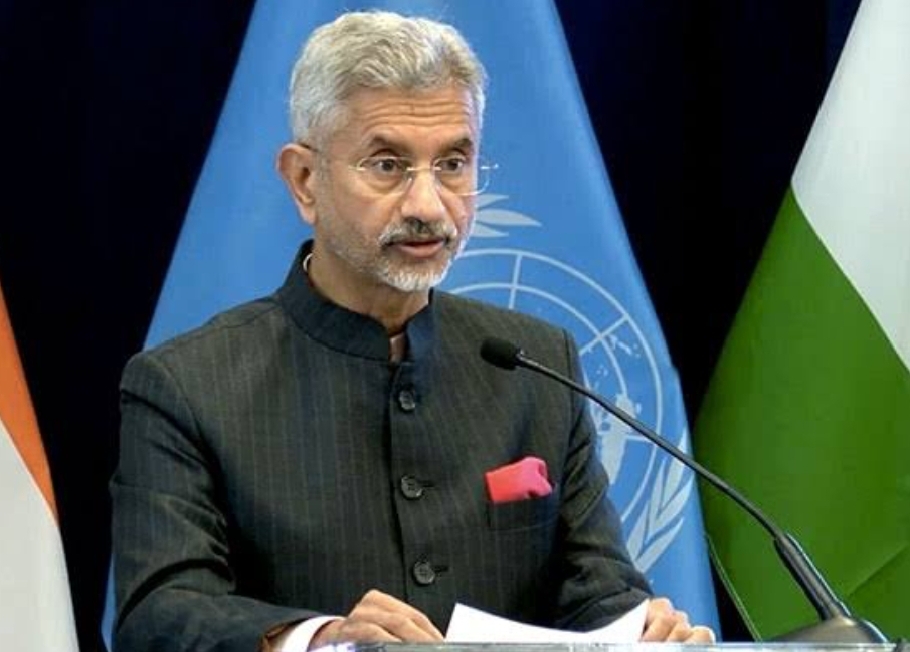




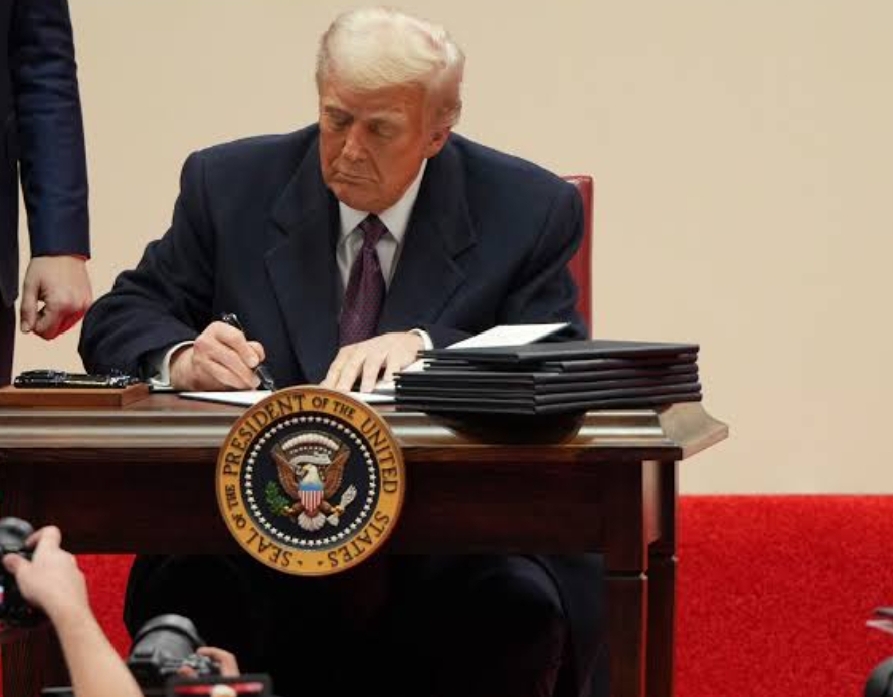


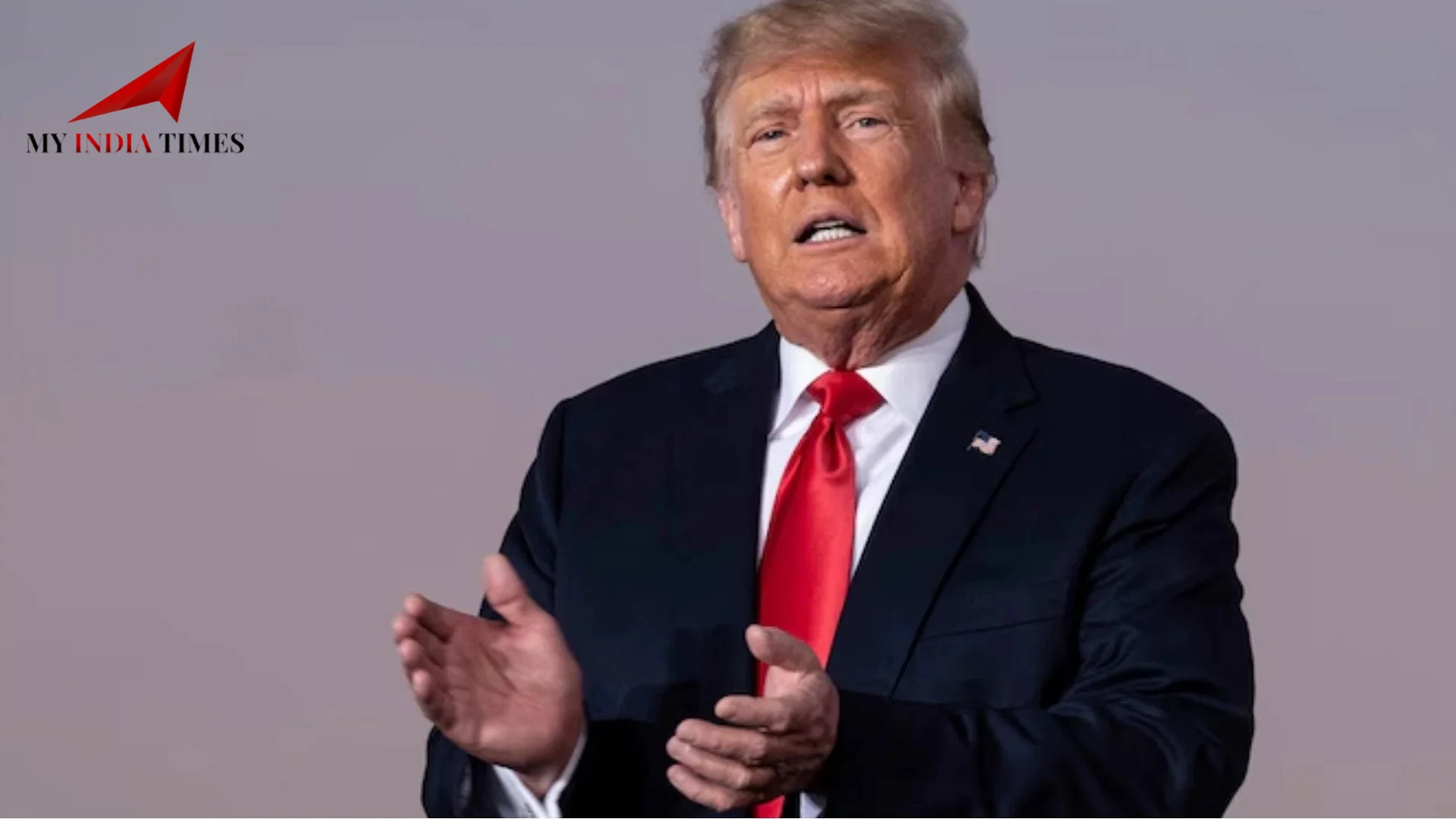


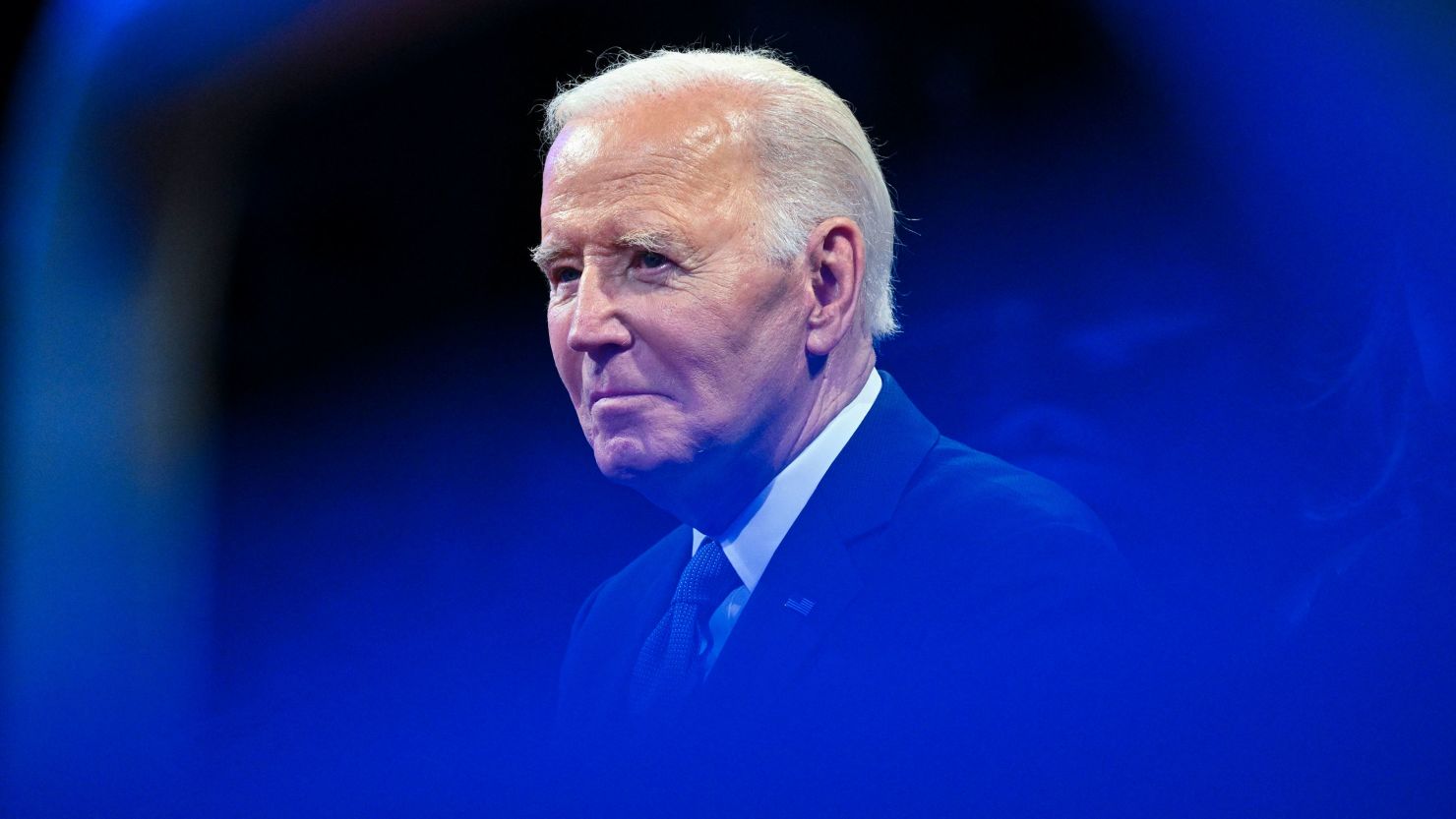




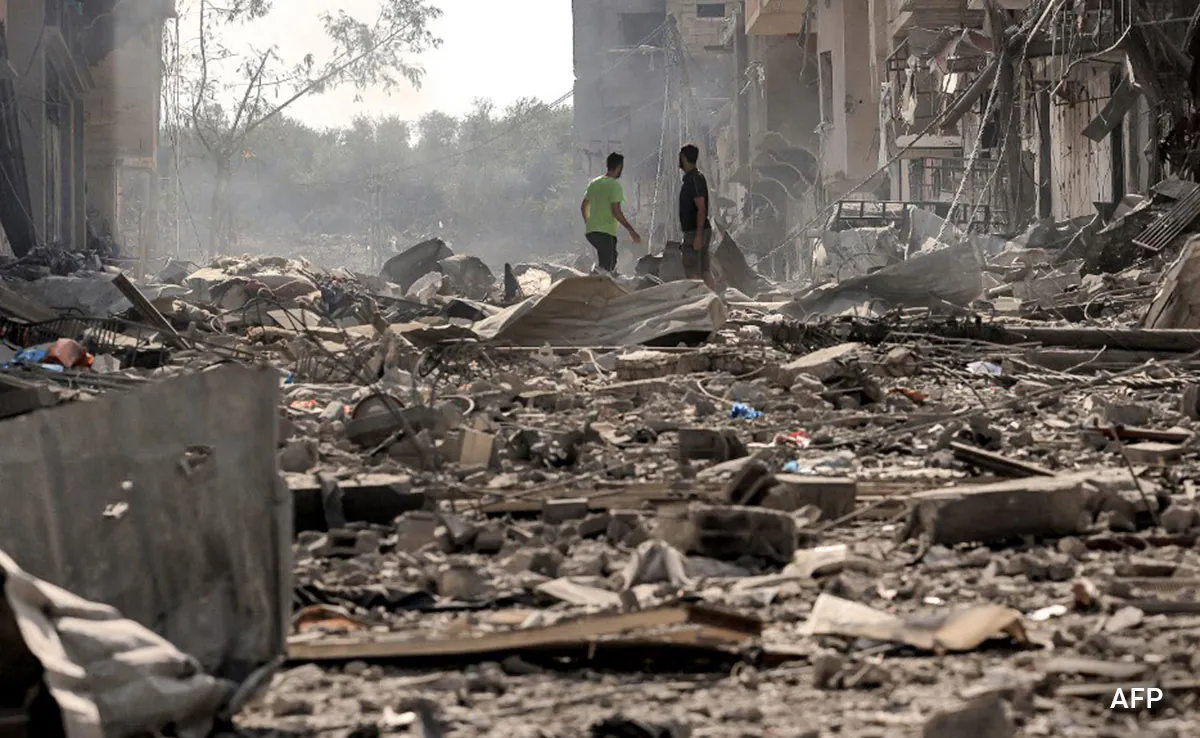

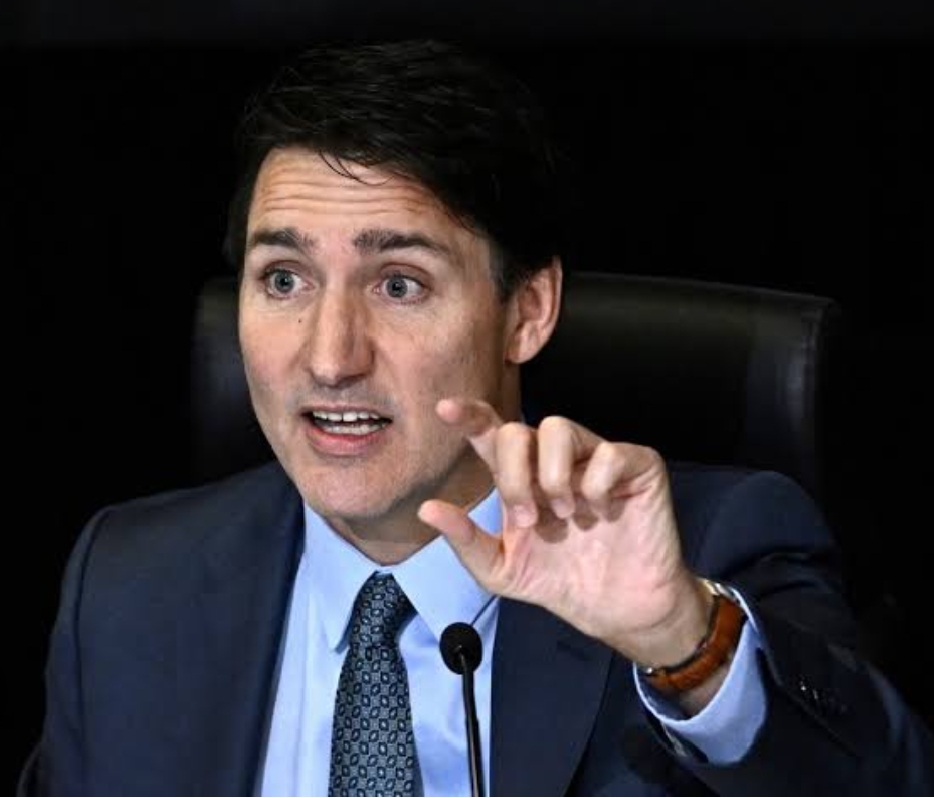
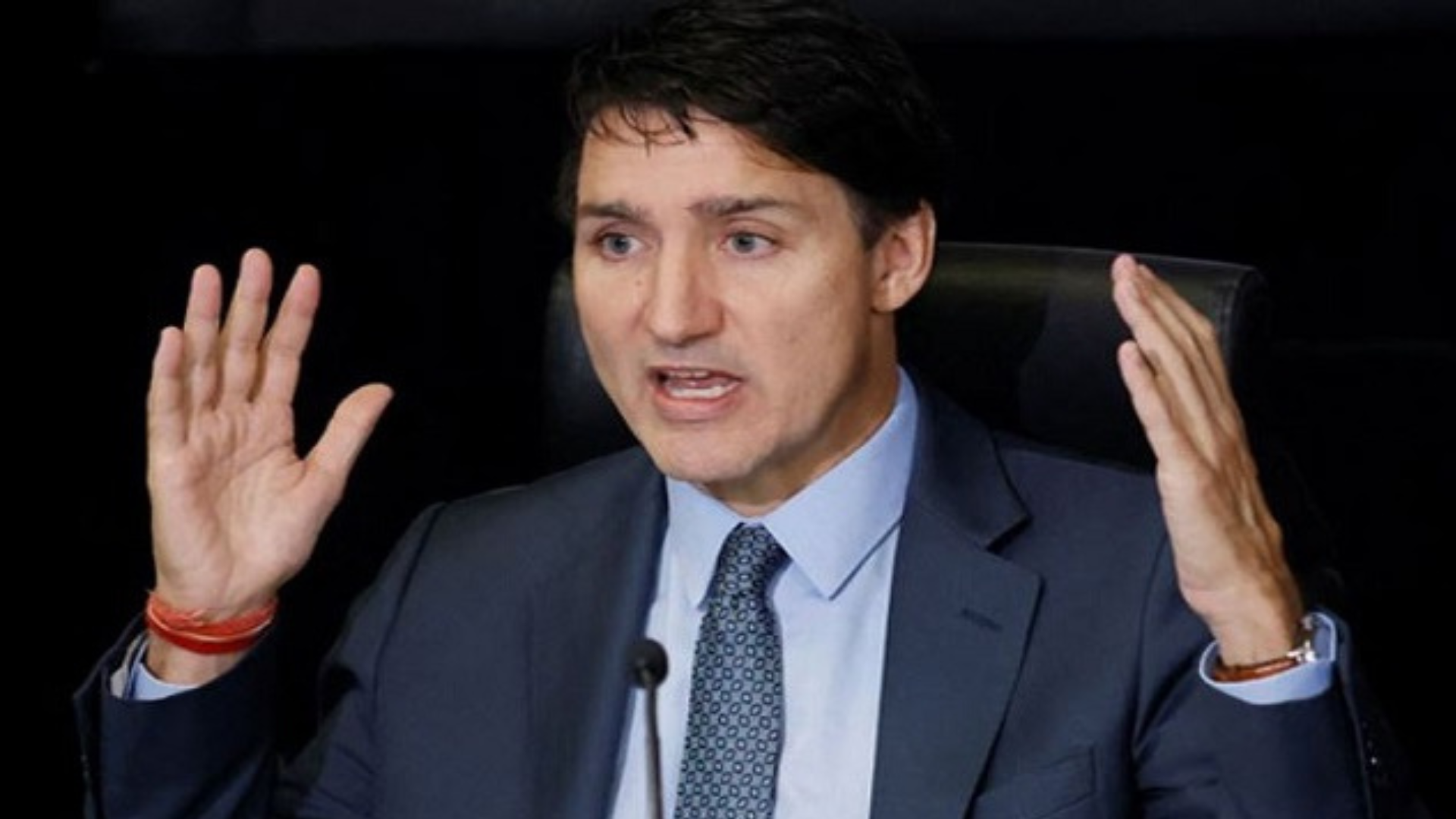












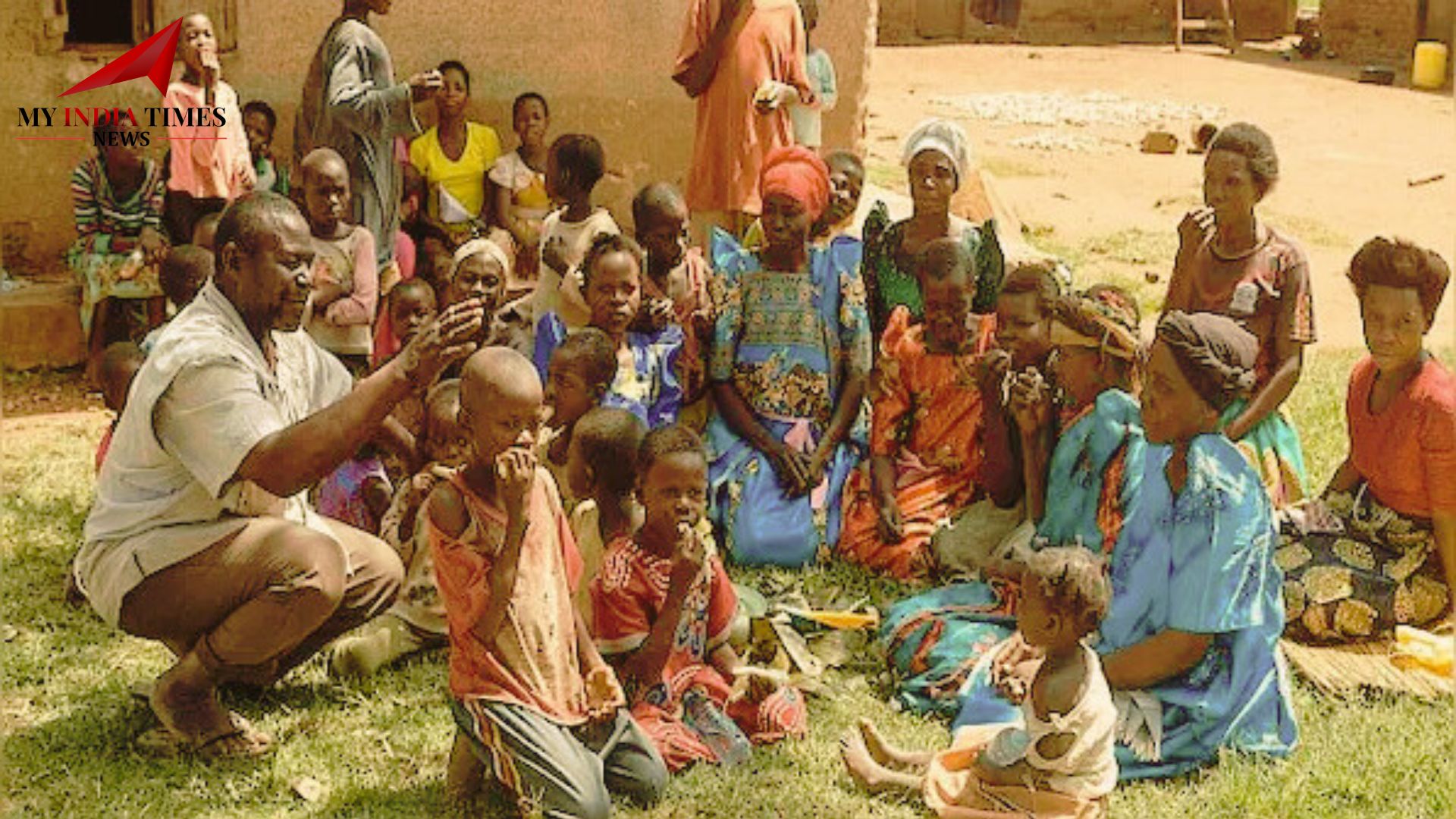
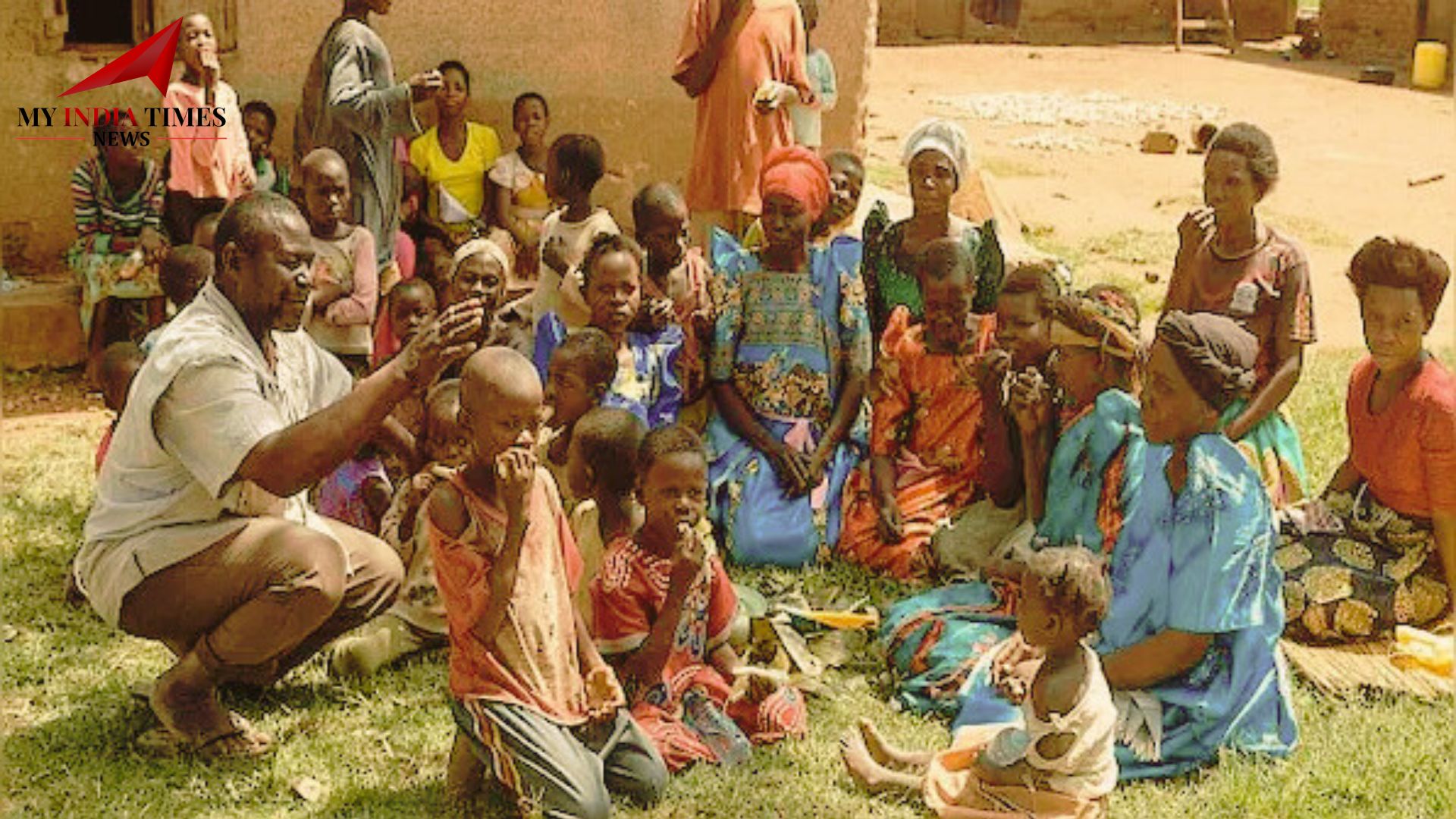


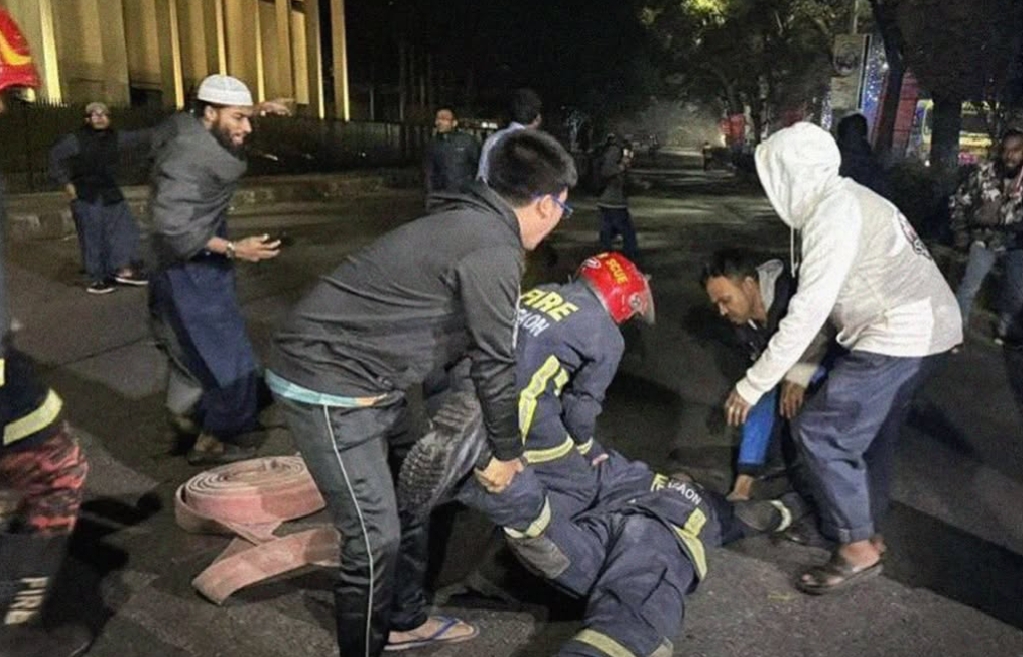



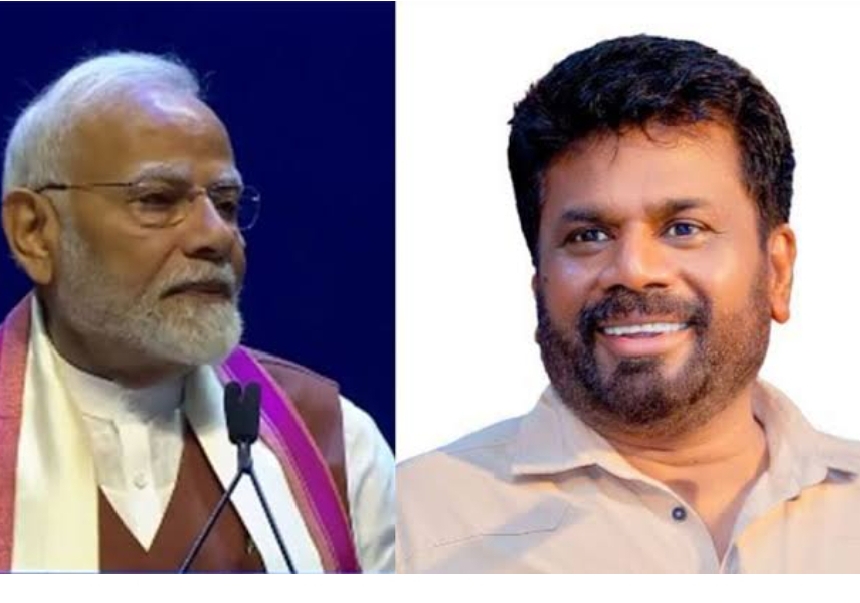














.png)
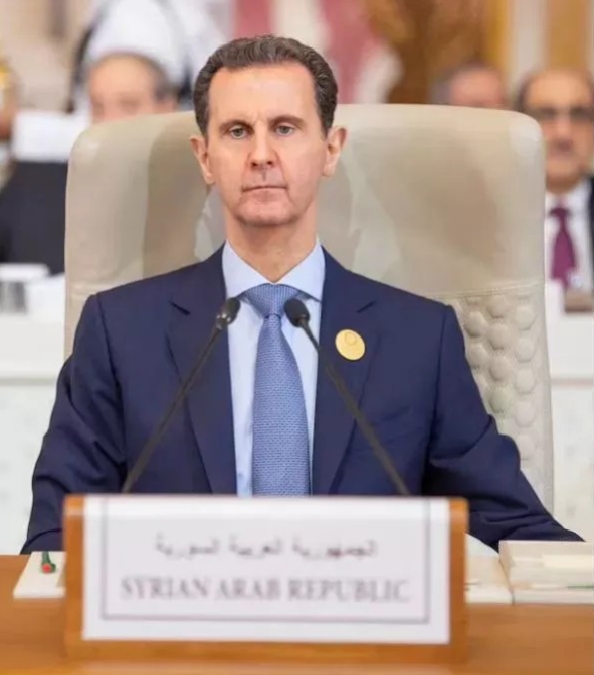

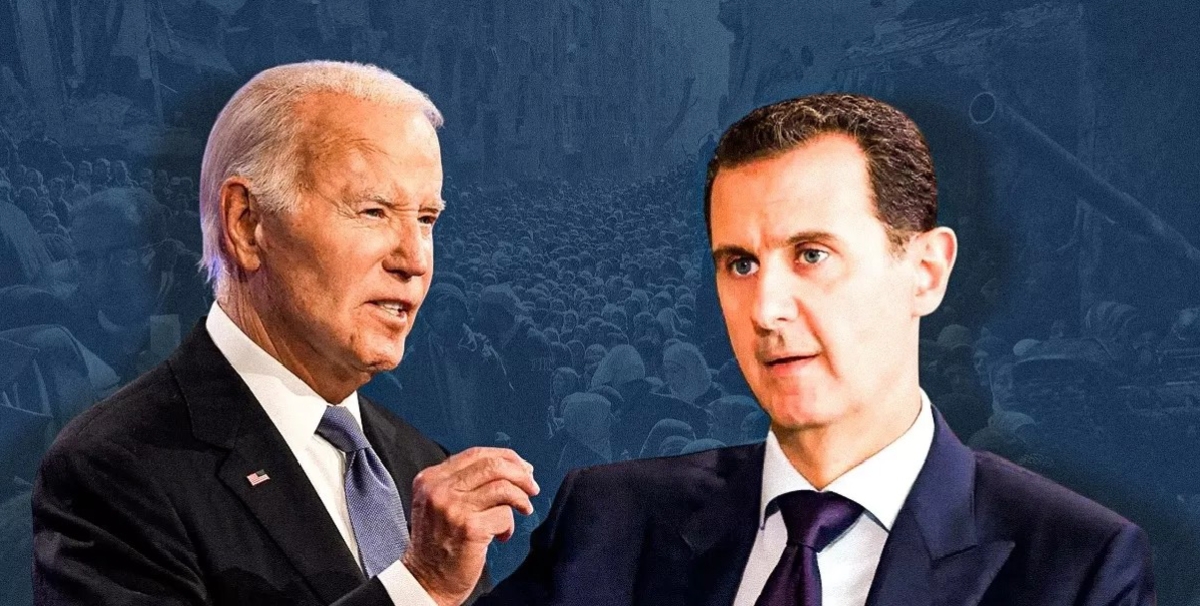
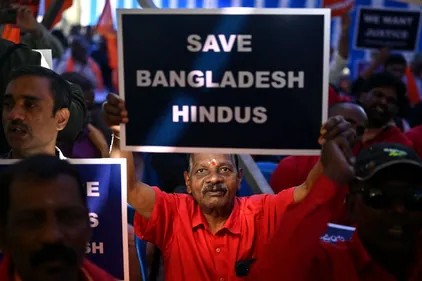




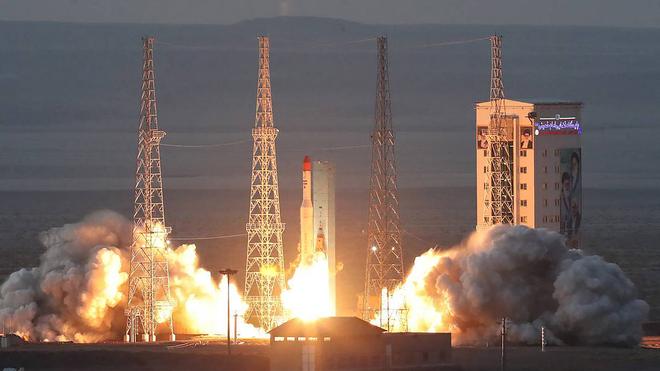
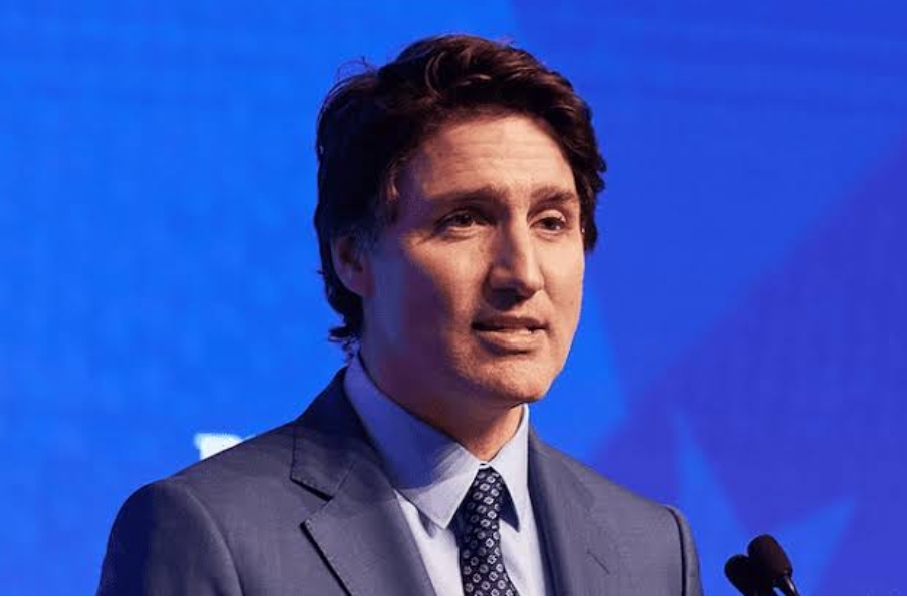


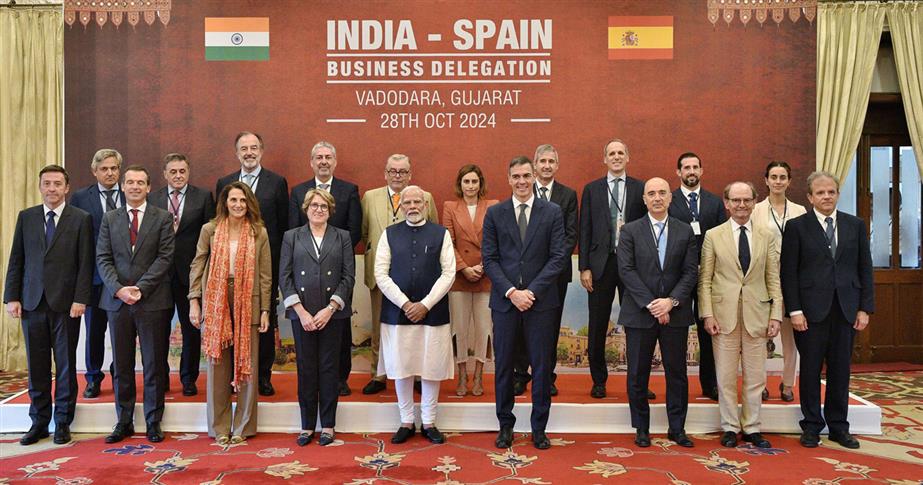
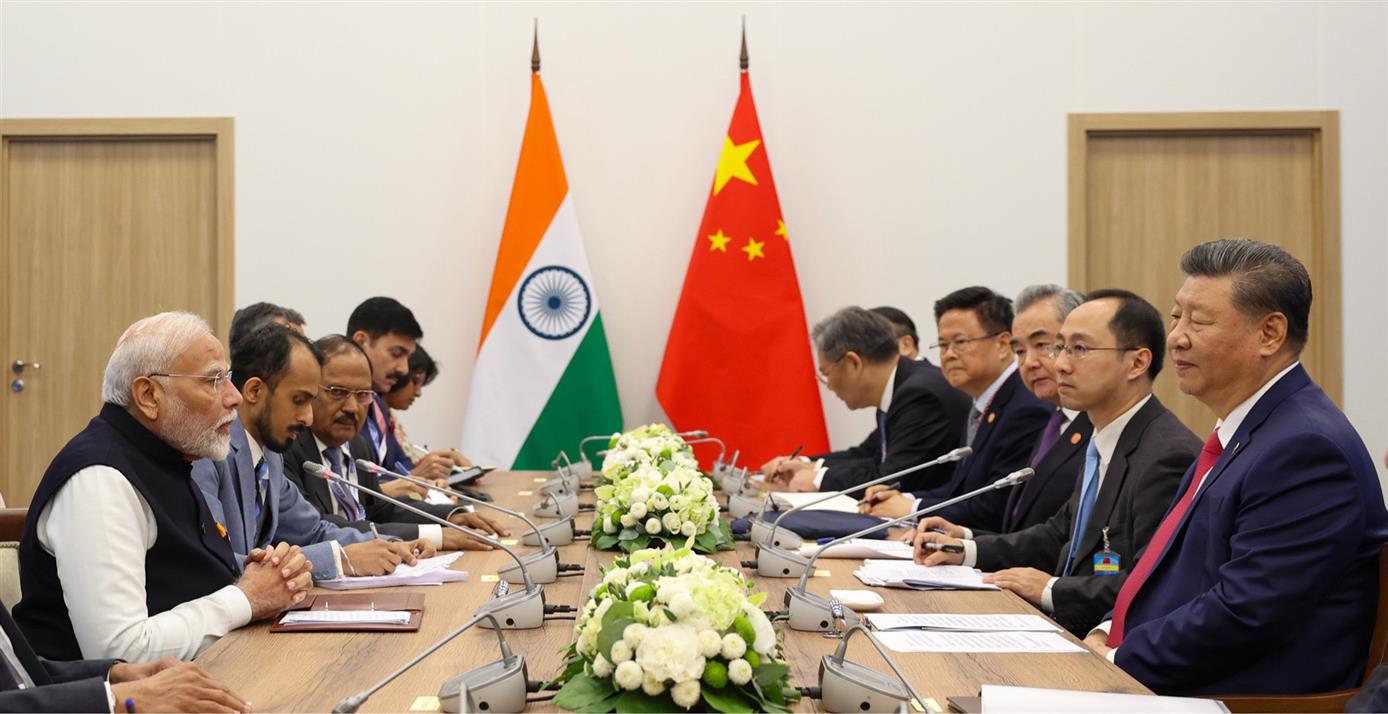


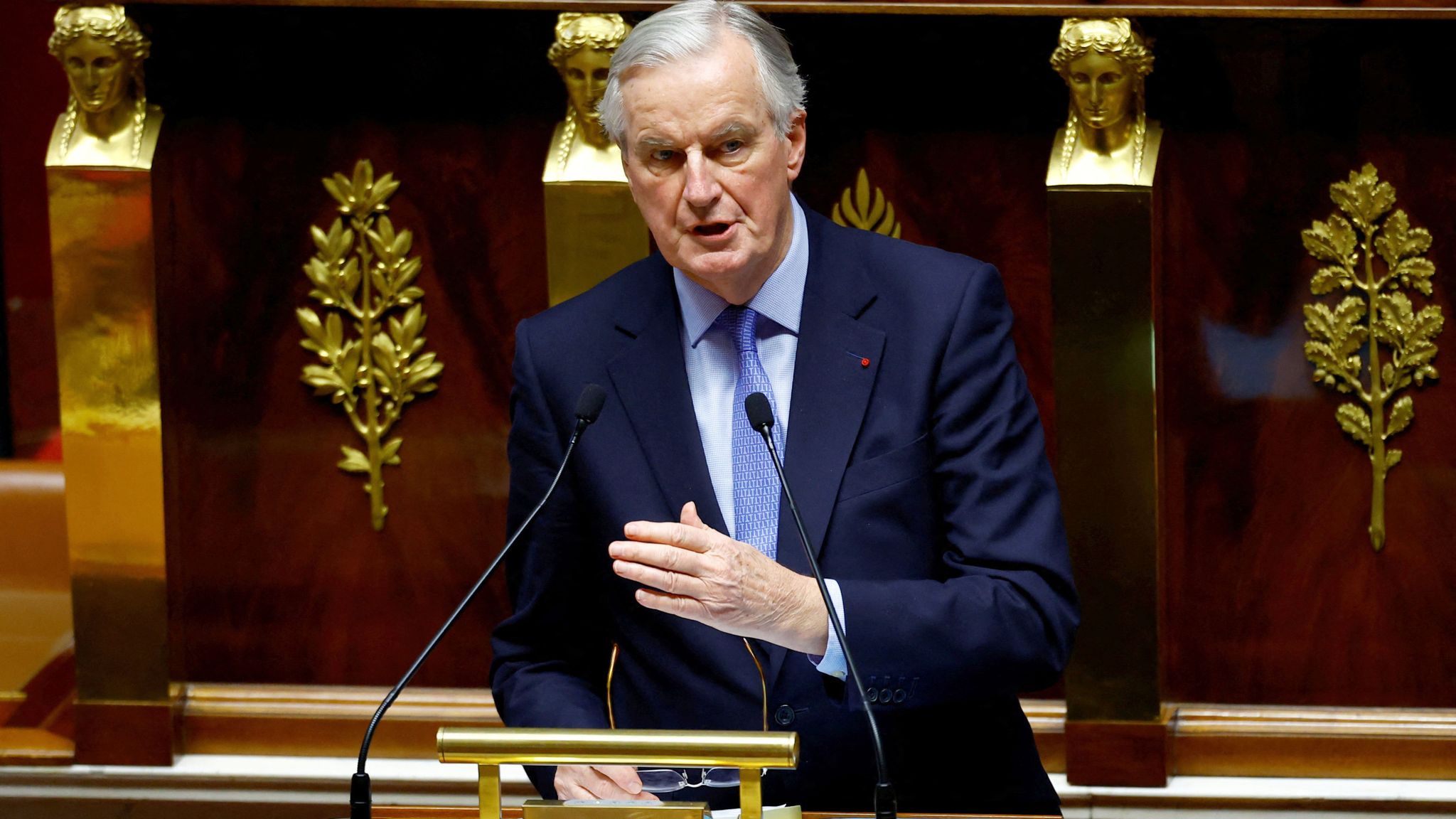

.png)




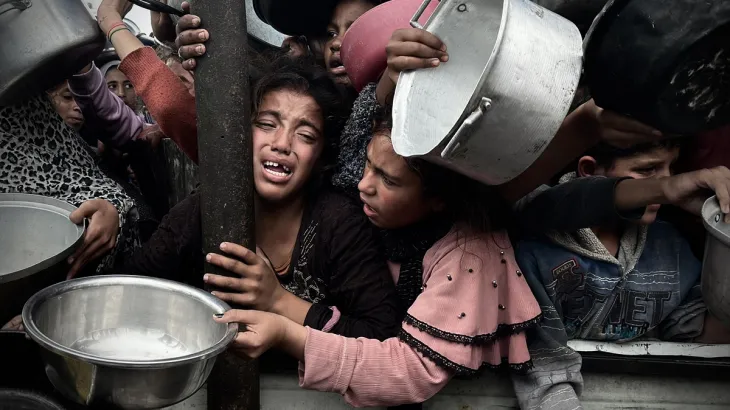


.jfif)







































































































.png)
 (1).png)























